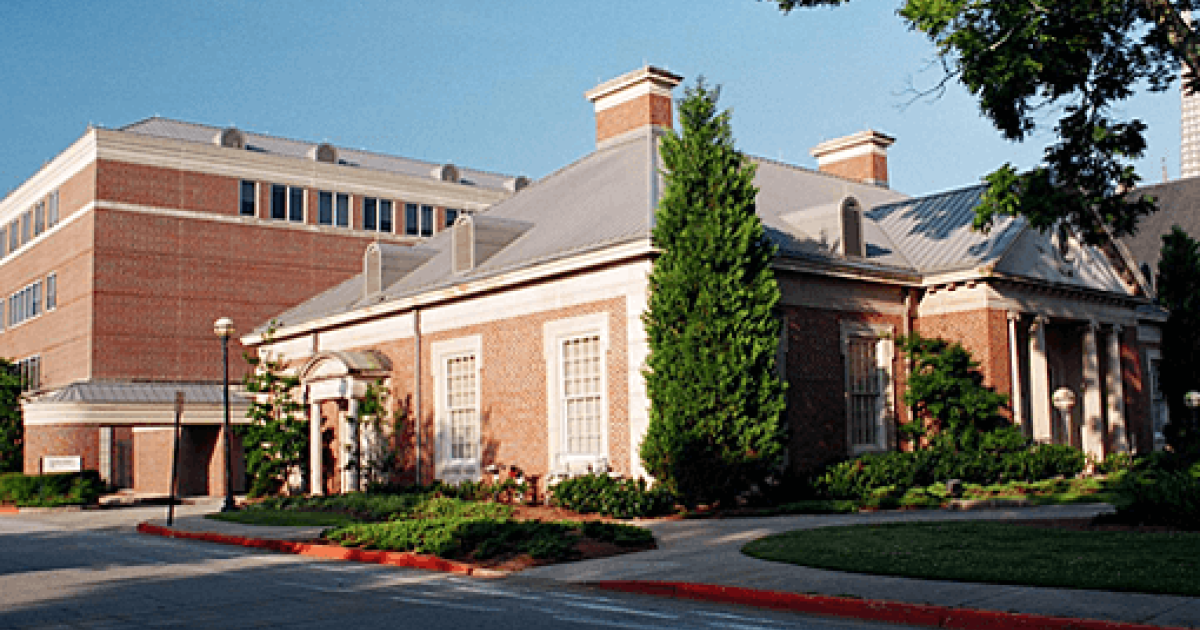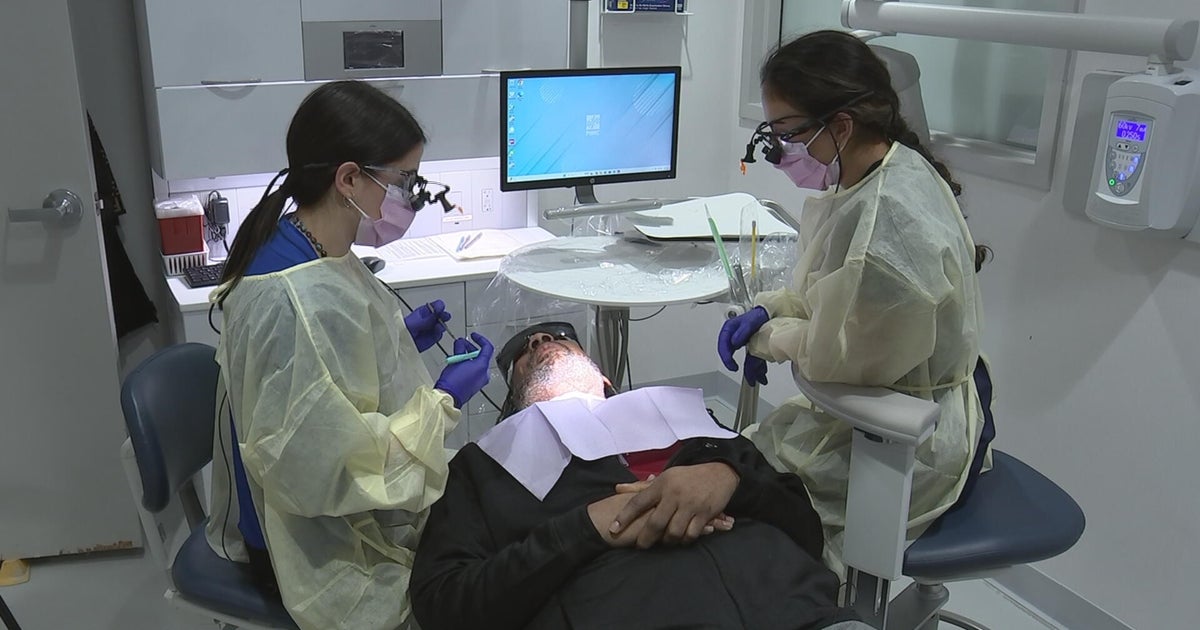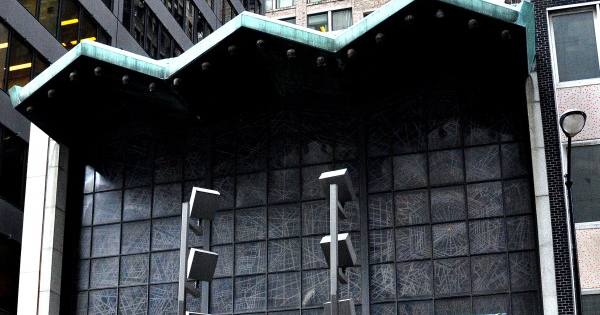Berkeley cyber experts train next generation of digital defenders
BERKELEY -- A cybersecurity clinic at Berkeley is training the next generation of experts to help organizations that have limited resources to defend themselves.
The students at the Citizen Clinic provide pro bono services to organizations in the Bay Area and abroad in countries where human rights are being violated, their work can ultimately save lives.
"They are being targeted so that their infrastructures are cut off. They're being targeted so that their population is disabled with injuries with unprecedented violence," said Zaina Siyed.
Siyed and cybersecurity experts like her are on the frontlines of online wars, helping underfunded organizations vulnerable to overpowering government-backed authorities.
Siyed enrolled in and completed the cybersecurity clinic's program at Berkeley. Cyber resilience is helping democracies and citizens resisting authoritarian regimes in countries like Russia, China, Syria, and Iran.
Grassroots organizations document human rights violations and killings, like the death of Mahsa Amini, who was killed after being arrested last year by Iran's "morality police," who enforce rules on hijabs and other social behavior.
Siyed can't specify which groups she has helped, but the threat is clear.
"It's important to make sure that while they digitally try to bring attention to their cause -- and try to make sure that they receive even just a baseline of humanitarian aid or video evidence of the atrocities that are happening to them -- they have the means to secure that information digitally. Otherwise that evidence is wiped out, and their plight becomes all that more difficult," said Siyed.
Leading experts at UC Berkeley say cyber attacks jumped 38% globally in 2022. Ann Cleaveland is executive director of Berkeley's Center for Long-Term Cybersecurity.
"It's politically motivated attacks, or hate groups, online doxing, or other things that make it impossible for these civil society organizations to carry out their missions," Cleaveland said.
"What's heartbreaking is that the important work done in protecting these vulnerable populations that aren't receiving media coverage is done by people who don't have the funding in the expertise to keep themselves safe," said Siyed.
They're politically and financially motivated. The Center says cyber attacks have cost the U.S. economy billions of dollars over the past five years.
Craigslist's founder Craig Newmark has given the Berkeley Center more than $2 million so far. The Hewlett Foundation is also a major supporter.
"We're hoping by telling this story that other funders will start to see the need for providing cyber security defenses in our communities," said Cleaveland.
Siyed enrolled and completed the cybersecurity clinic's program at Berkeley.
Cleaveland says Google's recent donation of half a million dollars will double the number of students to be trained through the Center's Citizen Clinic to prevent cyber attacks on public infrastructure and community organizations overseas, and in the Bay Area.
"When an outside entity can come in and help them stay alive and stay secure, stay away from violence as much as possible. That's a really rewarding experience, said Siyed.
It's a different kind of warfare online.
For Zaina Siyed and like-minded others, it's a fight that's impacting lives, so their voices can be heard.
Berkeley pioneered this cybersecurity clinic in 2018, working with other universities across the country like MIT. The consortium aims to serve more than 900 vulnerable organizations and train more than 6,300 students.







